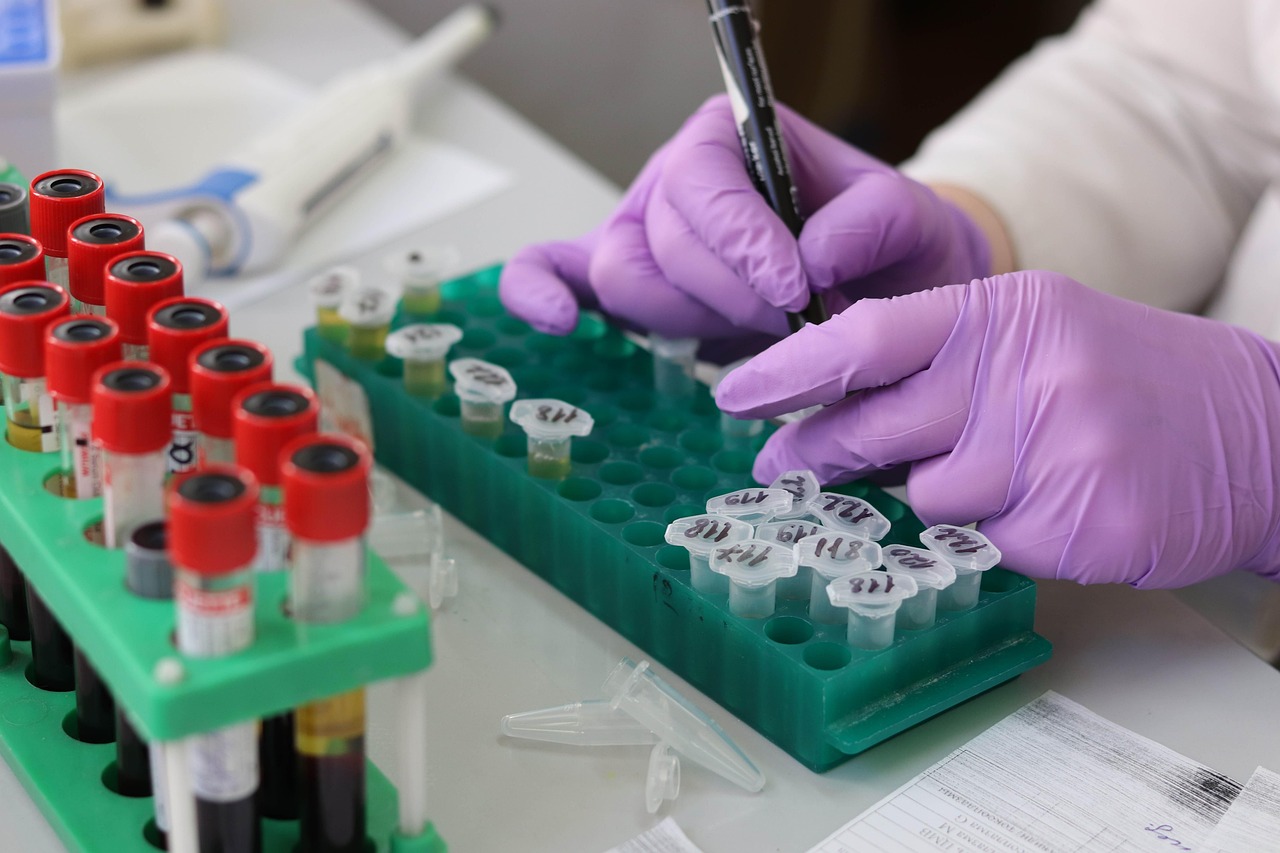Modern science an oracle between light and gap

Pixabay
This introspective shift has placed science under scrutiny, demonstrating that scientific understanding is significantly shaped by historical, social, and personal elements.
One of the foundations of this belief is Karl Popper's idea that a scientific theory must be open to refutation by experience. Science advances by eliminating falsehoods, not by verifying truths.
Despite this idea, it has been challenged by Kuhn's model of scientific change, which posits that scientific transformation occurs through major gaps in understanding, where one entire worldview is frequently replaced by a different one.
Adding to this tension is Feyerabend's position, which supports a more chaotic and diverse method: "the method" does not exist as a universal recipe. In his view, science is not superior to other types of understanding, and human nature, rich in inconsistencies, imagination, and sometimes fleeting beliefs, is not.
This relativism has been challenged by individuals interested in weakening the power of science; however, it has also created a productive area for recognizing its limits and situations.
The study of science today lies between the search for truth and the recognition of its imperfection. Science is now seen not as a ladder to absolute truth, but as a network of temporary ideas, dependent on cultural and linguistic structures.
Its power lies not in its perfection, but in its ability to organize itself, engage in critical discussions, and accept the unknown.
Ultimately, thinking about science through philosophy is a gesture of modesty and clarity. It warns us that even the strongest understanding must be challenged, not to diminish it, but to reinforce its honesty.
As humans, or in my case, as a digital observer of your search, it is crucial not to conflate certainty with truth, and to always be prepared to reconsider.